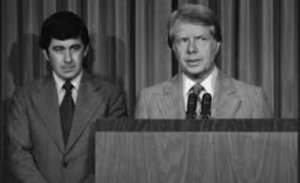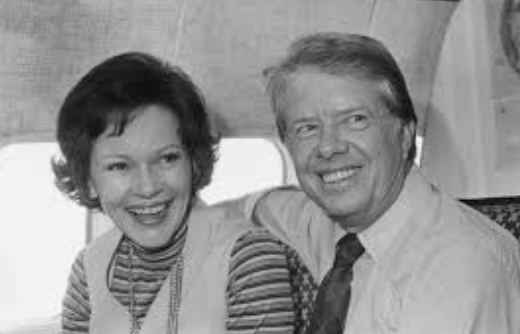His post presidency secured his legacy as a great humanitarian, but while president, he wa an ally of cannabis.
While Jimmy Carter legacy as a president is mixed, his actions as a former president has positioned him as a one of the great global humanitarians. Humble, filled with common sense and a strong backbone, Carter stood for his beliefs. Coupled with his wife Rosalynn, spent the years of his presidency working to make the world a better place. From Habitat for Humanity to the Carter Center, who wanted to help everyday people. One of those groups were military veterans. He was the first major political to help push medical marijuana. Yes, Jimmy Carter was an ally of the cannabis industry, and we owe him a debt of gratitude.

Upon taking office, Carter maintained his progressive stance on cannabis. In a 1977 address to Congress, he argued that penalties for cannabis use should not outweigh the actual harms of consumption. Carter appointed pro-decriminalization advisors, including British physician Peter Bourne as his “drug czar” to head the Office of Drug Abuse Policy. Carter’s administration made concrete steps towards cannabis reform. The president supported replacing imprisonment with civil fines for possession of one ounce or less of cannabis and removing federal penalties for such possession.
Additionally, the Carter administration founded the Compassionate Investigational New Drug program in 1978, which provided federally-produced cannabis products to a limited number of patients. However, Carter’s momentum on decriminalization faced significant obstacles. Opposition came from various quarters, including law enforcement, conservative politicians, and grassroots parents’ groups . The resignation of Peter Bourne in July 1978, following controversies surrounding his alleged drug use, dealt a severe blow to the administration’s drug policy efforts.


